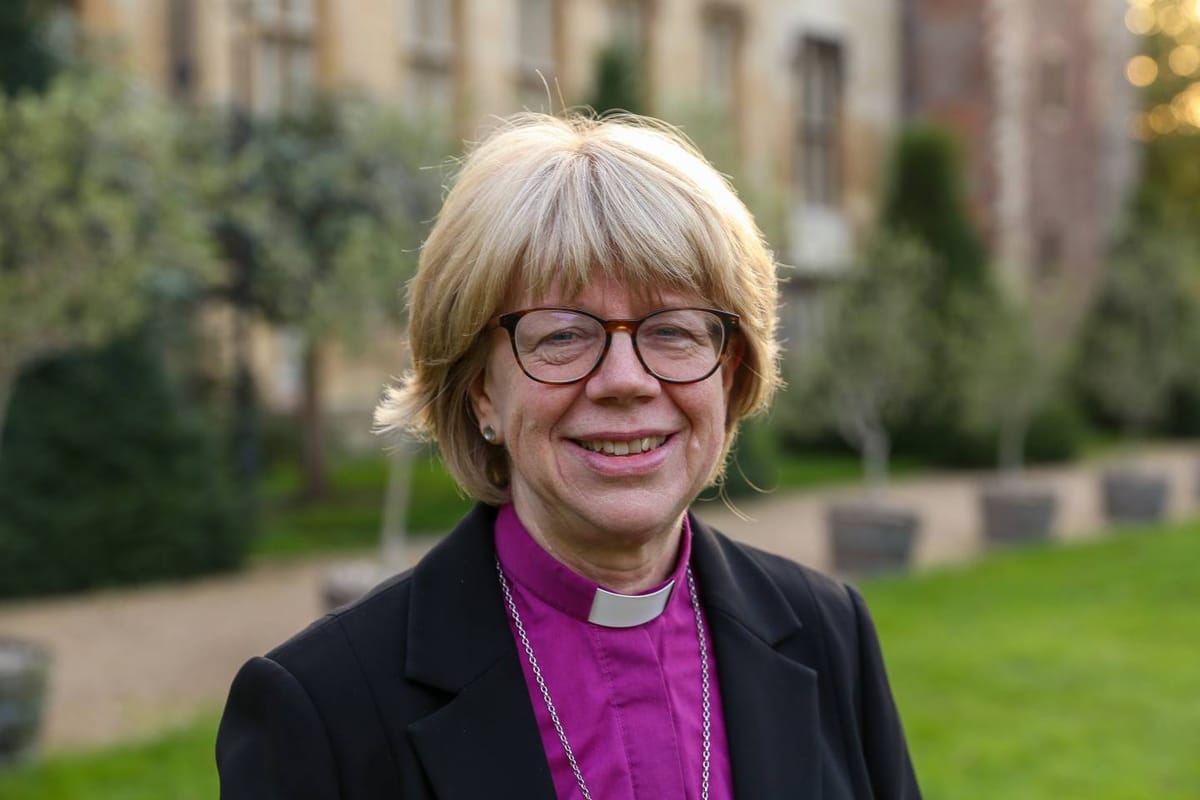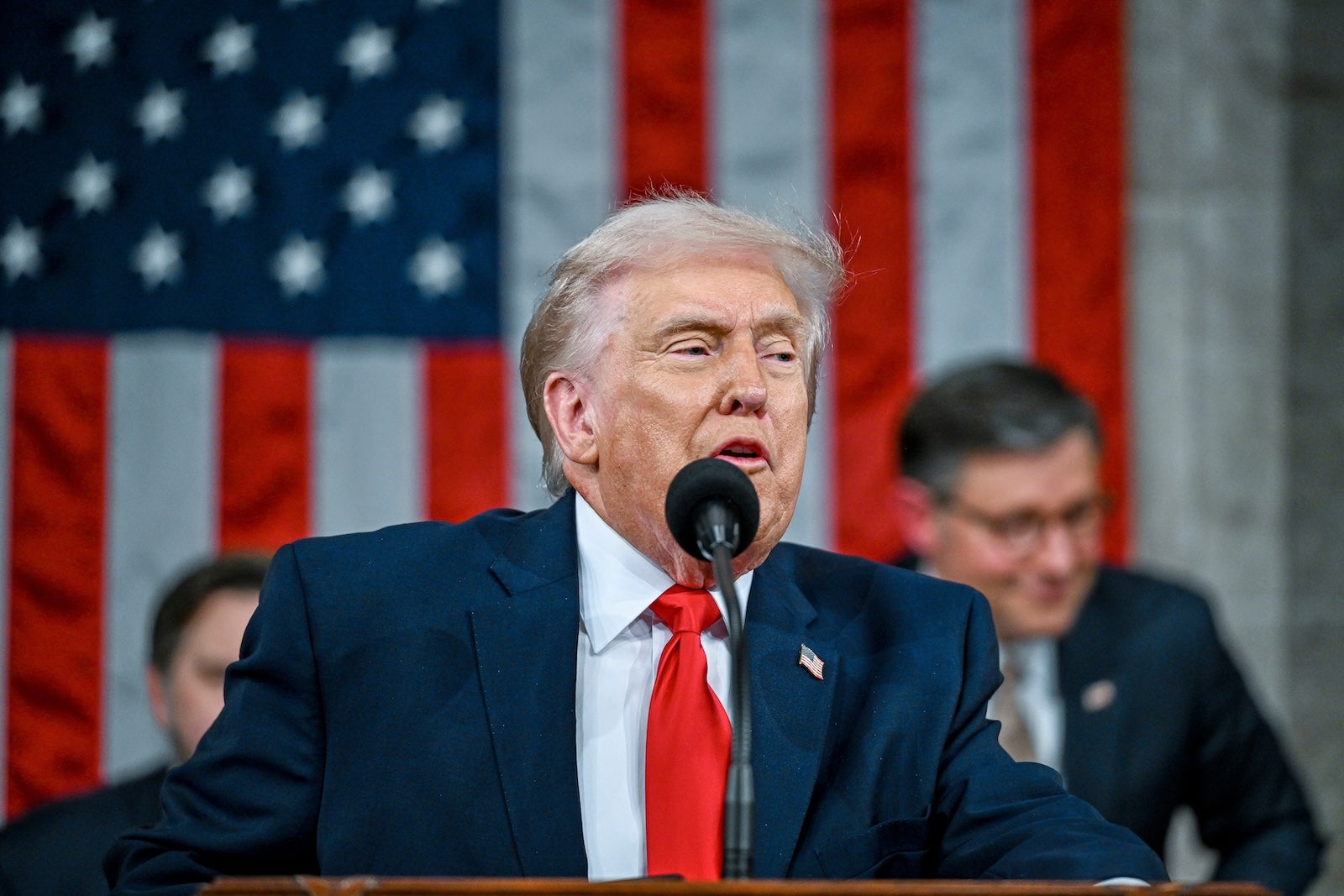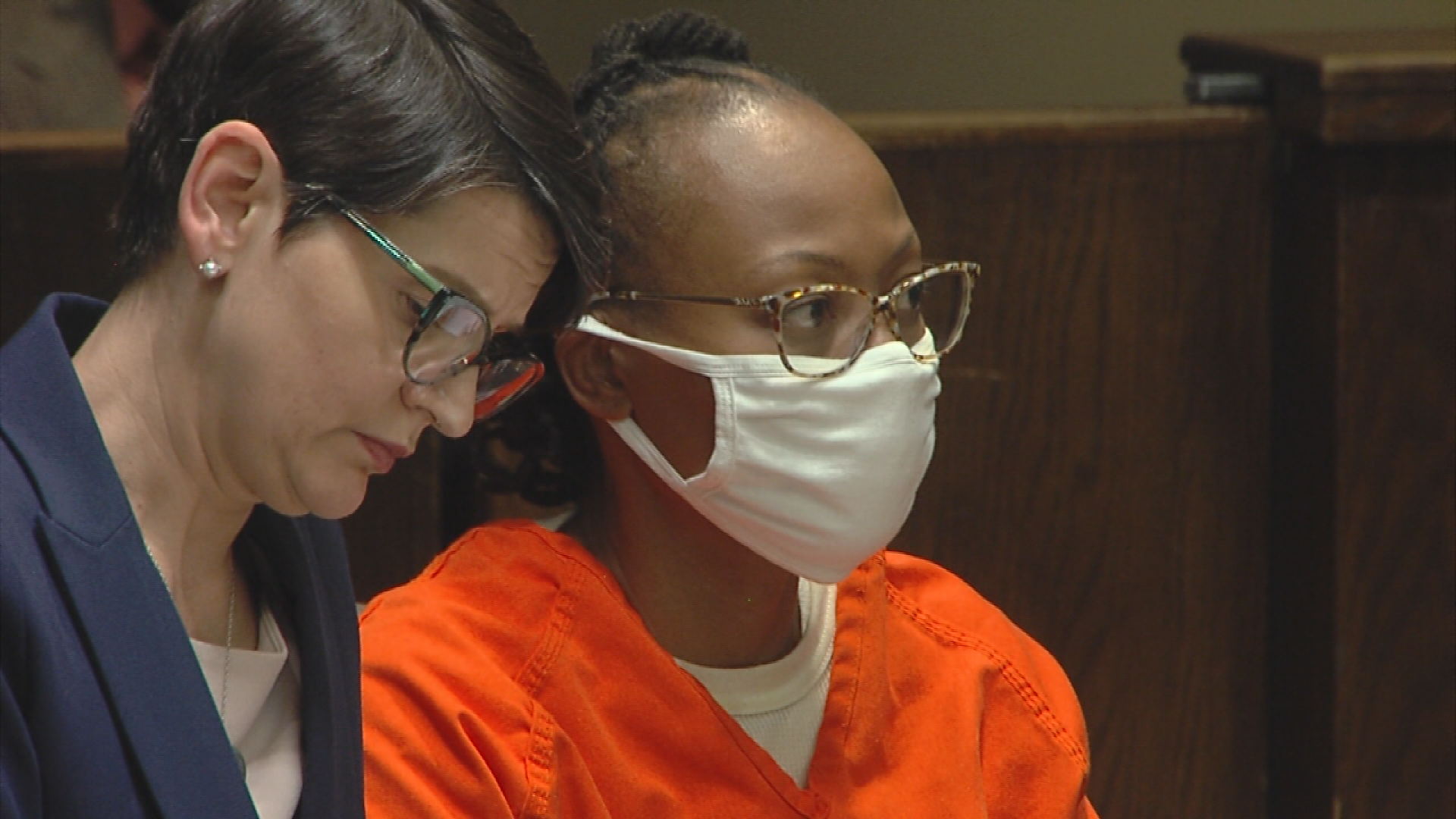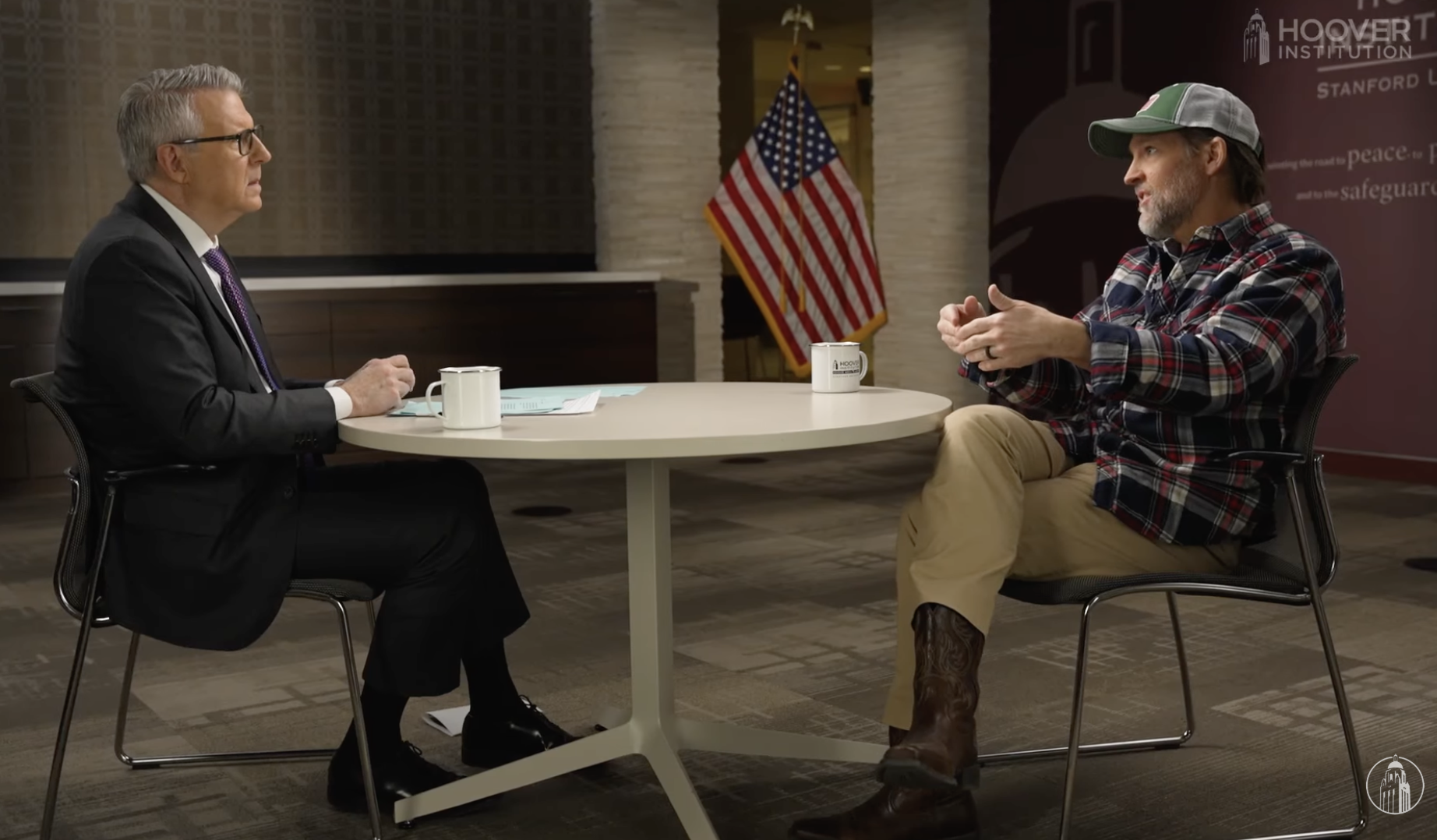ENGLAND: Dame Sarah Mullally Named First Female Archbishop of Canterbury

On October 3, 2025, the Church of England announced that Dame Sarah Mullally, 63, Bishop of London since 2018, will become the 106th Archbishop of Canterbury and the first woman to hold the position in its 1,400-year history. King Charles III formally approved her nomination following selection by the Crown Nominations Commission, chaired by former MI5 head Jonathan Evans.
Mullally will be legally confirmed at St. Paul's Cathedral on January 28, 2026, and formally installed at Canterbury Cathedral in March 2026, succeeding Justin Welby, who resigned in November 2024 following the Makin Review's findings that he inadequately addressed serial child abuse by John Smyth.
Speaking at Canterbury Cathedral, Mullally said: "As I respond to the call of Christ to this new ministry, I do so in the same spirit of service to God and to others that has motivated me since I first came to faith as a teenager." She acknowledged controversy, noting some "will be asking what it means for a woman to lead the Church of England."
Before ordination in 2001, Mullally served as England's Chief Nursing Officer, appointed at age 37. She was made Dame Commander of the British Empire in 2005. Mullally has supported allowing clergy to bless same-sex couples and voted for the 2023 measure permitting such blessings.
Conservative responses were immediate. The Church Society stated her election "creates additional problems of disunity in the Church in England and around the world." GAFCON, representing conservative Anglican churches across Africa and Asia, said the appointment showed the English church had "relinquished its authority to lead." However, Forward in Faith, while opposing women's ordination, recognized her as "the true and lawful holder of that office."
The Vatican offered measured congratulations through Cardinal Kurt Koch, noting "occasional tensions" between the churches, particularly regarding women's ordination.
THE CRUSADERS OPINION:
The appointment of Sarah Mullally forces a reckoning with questions Western Christianity has largely sought to avoid through institutional compartmentalization: What constitutes legitimate spiritual authority? Can ancient office and modern egalitarianism coexist? Is the Anglican Communion about to fracture beyond repair?
Before addressing women's ordination directly, we must name what's actually happening: the Church of England, heir to centuries of Christian witness and guardian of one of Christendom's most historically significant sees, has prioritized cultural accommodation over theological consensus with the Global South, where most Anglicans actually live. This isn't progress; it's the powerful dictating terms to the powerless while wearing the language of inclusivity.
Yet here's where conservative Christians must think more carefully. The easy outrage (First woman archbishop! Decline of Christendom! Apostasy!) misses the deeper tragedy. Mullally is by many accounts a woman of genuine faith, a skilled administrator, and someone who has served sacrificially in both secular and sacred capacities. The Church of England's crisis isn't that an individual woman was appointed; it's that the appointment was made while knowing it would rupture communion with millions of Global South Anglicans who hold complementarian convictions rooted in their reading of Scripture and tradition.
This is where pro-Western, pro-Christendom Christianity must wrestle with a paradox: the historic Anglican tradition, forged in England and spread through empire, is now most vibrantly alive in Africa, where churches are growing while English parishes empty. Mullally leads a denomination where 49.2% of clergy would perform same-sex marriages, but she nominally shepherds a communion where the vast majority view such actions as fundamentally incompatible with Christian teaching.
The real issue isn't Mullally's gender or even her theological progressivism; it's the liberal Protestant playbook that prioritizes domestic cultural acceptance over global Christian unity. It's the same pattern we've seen in mainline denominations for decades: ordain practicing homosexuals, redefine marriage, and watch the African and Asian believers exit while American seminarians write articles about "decolonizing theology."
For those committed to Christian unity across denominations, Mullally's appointment presents a test case. Can we maintain fellowship with those whose theology we believe distorts Scripture while still speaking clearly about those distortions? The answer must be yes, because the alternative—total separation until perfect doctrinal alignment—would empty every church and denomination.
Here's what a thoughtful Christian response looks like: Pray for Archbishop Mullally. Pray she leads with wisdom, that she protects the vulnerable, and that she points people to Christ. Simultaneously, stand clearly with African and Asian Anglican leaders who cannot in good conscience accept her spiritual authority. Support their autonomy, amplify their voices, and recognize that numerical growth and spiritual vitality increasingly flow from the Global South, not the West.
The tragedy of Canterbury isn't that a woman now occupies the chair—reasonable Christians disagree on women's ordination. The tragedy is that the English church chose cultural relevance in a post-Christian society over unity with the most vibrant expressions of global Anglicanism. They traded tomorrow's Church for today's headlines.
Christendom, if it means anything beyond nostalgia for Christendom past, must mean championing orthodoxy wherever it thrives—even when that means acknowledging that the faith's center of gravity has shifted away from the historic Western
sees. The future of Christianity is Pentecostal, charismatic, orthodox, and located in Lagos, Seoul, and São Paulo, not London. Mullally's appointment doesn't change that; it simply makes it more obvious.





